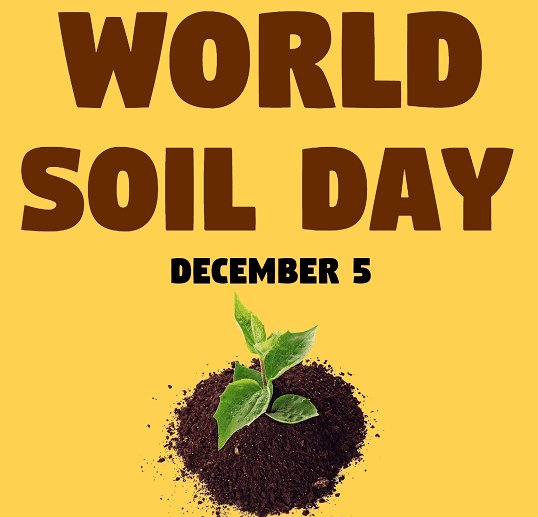World Soil Day is celebrated on December 5th annually. The day aims to increase awareness and understanding of the importance of soil for human survival. Over the past few decades, there has been a growing recognition of the vital role that soils play in our lives. However, despite this increased awareness, soils are still being degraded at an alarming rate.
Soils are essential for life on Earth. They provide the foundation for plant growth, regulate water flow through ecosystems, cycle nutrients and store carbon. They are also home to a huge diversity of organisms that contribute to many ecosystem functions. Despite their importance, soils are under threat from a range of human activities including intensive agriculture, urbanization and climate change. These threats have serious consequences for food security, water quality and quantity, biodiversity loss and greenhouse gas emissions.
It is estimated that over half of the world’s topsoil has been lost in the last 150 years due to unsustainable land management practices. This degradation reduces crop yields, increases erosion, decreases water infiltration and storage, depletes soil fertility, amplifies drought risk and can lead to desertification. In addition to these direct impacts on agricultural productivity , soil degradation also results in indirect costs such as decreased carbon sequestration capacity which exacerbates climate change .It’s a day to celebrate one of the most important natural resources on our planet: soil.
It is essential for growing food, maintaining healthy ecosystems, and supporting human civilization. Yet soil is often taken for granted and its importance underestimated.
World Soil Day
World Soil Day was created to raise awareness about the importance of soil and to advocate for its sustainable management. This day provides an opportunity to learn about the vital role that soil plays in our lives and how we can protect it.
Sadly, soils are under threat from human activity. We’re losing them through deforestation, overgrazing, urbanization, and pollution. This degradation reduces their ability to support plant growth and filter water – two key functions that are essential for human survival.
It’s estimated that we have lost one-third of the world’s productive soils since 1950 due to these activities. And if current trends continue, we could lose up to half of all remaining productive soils by 2050. This would be devastating for both people and nature.
Fortunately, there are things we can do to protect soils and promote their healthy management. We can reduce or prevent soil degradation by using more sustainable land management practices such as agroforestry, cover crops, and organic farming. We can also support efforts to restore degraded soils through reforestation, composting, and other methods.


















